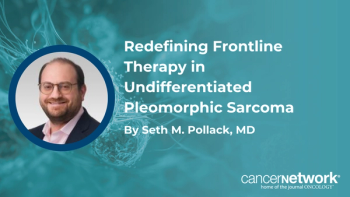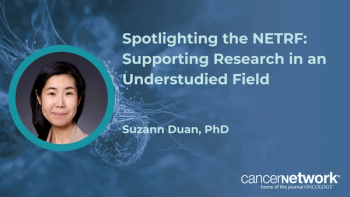
Alexander Spira, MD, PhD, FACP, Discusses Impacts of COVID-19 at Individual Treatment Facilities
CancerNetwork® sat down with Alexander Spira, MD, PhD, FACP, at the 2021 World Conference on Lung Cancer to talk about COVID-19 and immediate changes that took place during the pandemic.
At the 2021 World Conference on Lung Cancer, CancerNetwork® spoke with Alexander Spira, MD, PhD, FACP, of Virginia Cancer Specialists, about how COVID-19 drastically changed his institution and what has been implemented to keep providers and patients safe.
Transcript:
COVID-19 has really changed how we think and how we’ve done everything. We never closed [my institution], but we did a lot of telemedicine visits; we still are, but not as much as before. [COVID-19 has] affected everything from our research program to our patients. Most importantly, it’s affected the patients because we’ve limited visitors for obvious reasons. This has been a harder time for the patients and their loved ones to not have somebody with them when they’re in clinic getting their infusion. We’ve all at this point become accustomed to it. We’re all masked up, I’ve got mine sitting right next to me. It’s just been tough and challenging. We’ve all evolved [but] it’ll be great to get back to normal at some point, though.
Newsletter
Stay up to date on recent advances in the multidisciplinary approach to cancer.












































